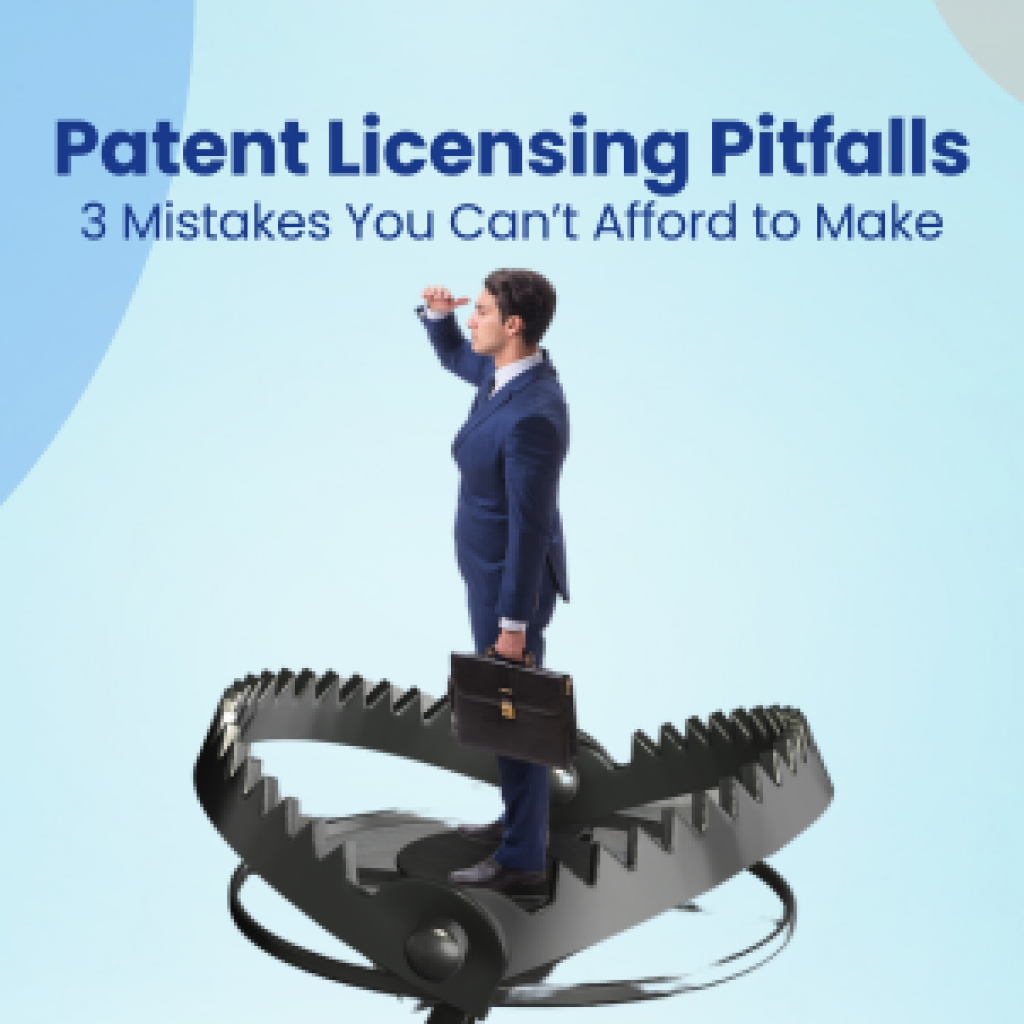Imagine you decide to invest a lot of money – possibly millions – in a patent since it is being infringed by a product with high market value. Of course, the patent has high value in this case.
But have you ever thought – What if this technology becomes obsolete in the coming 2 years, and an alternative technology takes up the market? Or have you thought that if you take up litigation against the company producing the infringing product, will the patent stand valid in court?
Missing these pointers may cost you millions.
Keeping this in mind, I am going to list 5 things which are generally sidelined, and should definitely be checked if you feel you are looking into a good patent.
Future of Technology
Generally, the current market of technology is considered to judge the value of a patent. However, especially in the case of mature technology, it is important to ask questions like –
- How does the future market look like?
- Are there any other alternatives coming up for this technology?
- How long is it going to survive?
- Where is R&D going?
Consider, for example, you have a patent related to biometric authentication. You have done some improvements to the fingerprint scanning device. On the surface, it seems to cover quite a big market since fingerprint scanners are on the rise. However, on research, it comes up that there is another segment of user authentication which may take up the place of the fingerprint scanner. This is called as ‘Behavioral Biometrics’. In this case, the user’s behavior patterns of using a device are analyzed and based on its authentication is done. The behavior patterns are analyzed based on interaction with touch sensors of the device and no particular fingerprint sensor is required.
Do you think you need to give second thoughts to your patent now?
Strength of the Patent
Imagine you filed an infringement case OR you use the patent for defensive purpose and the opposite party challenged the novelty of your patent in IPR by presenting a strong prior art. Not only you will lose the case, but all the effort and money spent will go to the drain.
Want to save yourself from this jeopardy? Even if you feel you have a good patent because it is infringing a big market product, do verify its strength by performing a prior art search (a good one). A few thousand dollars are nothing in front of the money that you plan to spend on buying the patent.
There have been a lot of cases where the plaintiff’s patents were rendered invalid by PTAB, highlighting how important it is to get the strength check done before acquiring or litigating. For example, recently Uniloc’s 3 patents asserted against big companies including HTC, and LG was invalidated. The point to note here is these 3 patents US6622018, US7653508, and US8712723 were acquired by Uniloc from DP technologies and HP. It seems Uniloc was in the quest for monetizing patents but failed to pay attention to their strength while acquiring.
Claim Construction
If your patent overlaps a big market product, it is important to check how good the overlap is. The overlap needs to be verified considering each and every claim element very carefully. There have been infringement cases, when the court’s decision has taken a U-turn because of basic words in the claim like – A, An, The, Device, Apparatus, etc.
The glossaries provided here could be helpful in understanding the claim constructions of these types of words with reference to the cases involved.
Famous Infringement Cases
Before developing an opinion on patent, I strongly recommend for attorney’s and patent analyst’s views. There are cases that change the course of future litigations. One example is the Alice case. This case questioned the validity of all method based claims. So, it is important to check if your patent falls in the vicinity of any such landmark case. A handy list of some famous US infringement cases is provided here – Click to read.
Jurisdiction
A good patent in China may not be good enough in the US.
Why?
Well, the laws in different countries and how the infringement cases are handled affect the potential of the patent. Nowadays, a lot of companies are moving towards filing infringement cases in China rather than the US as the process in China is faster and the rate of granting injunctions is high.
For example, it was observed that during the legal proceeding in July 2018 of Qualcomm vs. Apple, China Fuzhou court immediately granted an injunction on Apple’s iPhone when requested by Qualcomm. Many cases have been handled likewise by China courts.
The cards are in your favor if you have a patent family with members in different jurisdictions. Based on the situation, you can pick the right member for evaluation.
Well, few things we believe you would already be aware like –
- How the patent maps on to your own product line (BTW, this is not going to help you in defense strategy)
- How the patent maps on to your competitor product line (if you wish to use it for defense in future)
- How the patent complements your current portfolio.
- etc.
Conclusion
This gets us to the end of our list.
These pointers if adhered to can ensure that your investment won’t go to waste and reap a high ROI. After all, in the business world, it’s the ROI that matters.
To better investments!
Authored by: Vincy Khandpur, Team Lead, Infringement
Next Article: 21 Patent Buying and Selling Strategies for Big and Small Companies









